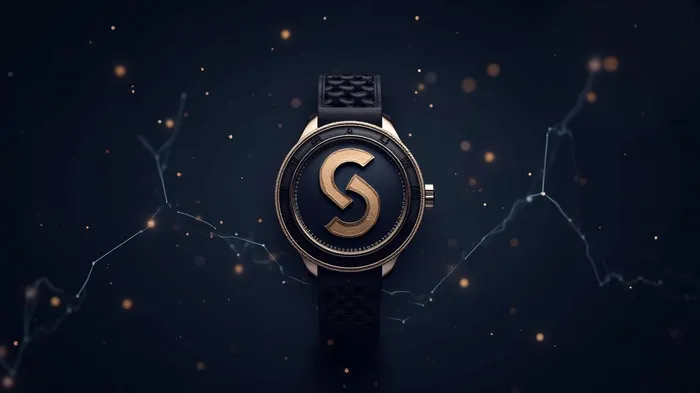Solana Drops 1.063% Amid Luxury Watch Launch, Network Growth
Solana's latest price was $174.36, down 1.063% in the last 24 hours. The cryptocurrency has been making waves in the market with several notable developments. Swiss luxury watchmaker Franck Muller has launched a new limited-edition watch collection in collaboration with the Solana blockchain. The collection consists of 1,111 unique items, merging traditional Swiss craftsmanship with modern blockchain technology. The watches feature a customizable QR code at the 12 o’clock position, which links directly to the owner’s Solana wallet address. This innovative feature allows the watch to serve as a protected digital key to the owner’s assets, enabling them to use and update their crypto identity as desired. Each watch is serialized, making it a special and collectible item for watch enthusiasts. Owners of these watches gain early access to special events, unique digital experiences built on the blockchain, and exclusive gatherings for community members. The collection aims to attract Solana enthusiasts, digital asset collectors, and those interested in the future of blockchain technology. However, the launch also raises concerns about the security risks associated with displaying luxury items linked to crypto, as there have been recent cases of public attacks on individuals showcasing their digital assets.
Solana’s network and ecosystem have shown strong performance in recent weeks. The market cap of all meme coins on its ecosystem has risen significantly, and its transactions and active addresses have continued to increase. Solana is the most used blockchain network, with over 34.7 million active addresses, surpassing other major chains. It is also a major player in the decentralized exchange industry, handling billions of dollars worth of transactions. The network’s success can be attributed to its quick and safe blockchain, which has attracted a large number of users and developers. The Solana network is also known for its staking mechanism, which allows token holders to delegate their Solana (SOL) tokens to validators to participate in consensus and earn rewards. Staking helps to make the network more secure and stable, as validators vote on which blocks contain valid transactions and should be added to the blockchain. Investors who stake their SOL tokens can earn income in the form of rewards, which depend on several variables, including the amount of SOL staked and the network’s inflation rate. Staking also helps to reinforce the network by ensuring that only blocks containing valid transactions are added. Validators are nodes that vote on transactions and determine which are added to the blockchain. They are chosen based on the amount of SOL delegated to them, and their votes are weighted according to the stake-weight. Anyone can run a validator, as long as they fulfill certain requirements, such as having adequate hardware and a certain amount of SOL available to stake. To participate in staking, investors need to have a wallet that supports this function and move their tokens into one or more stake accounts. They can then delegate their tokens to a validator and earn rewards. However, investors should be mindful of the risks associated with staking, such as the possibility of losing SOL if a validator is compromised. They should also research the background and reputation of any validator they are considering and choose one that charges a reasonable commission on the rewards generated by staking. Additionally, investors should be aware of the costs associated with staking, such as the rent-exempt reserve required for a vote account to contribute to consensus and the cost of sending a vote transaction. Overall, staking is a beneficial process for both investors and the Solana network, as it helps to generate income and reinforce the network’s security and stability.

Daily hot coin scoop, fast and explosive!
Latest Articles
Stay ahead of the market.
Get curated U.S. market news, insights and key dates delivered to your inbox.



Comments
No comments yet